We’re sorry, but those lovable veggie straws made the list.
Even though you scan the ingredients to make sure you’re making healthy choices, it can be hard to uncover all of the health food posers lining the shelves of your grocery store. While it’s not bad to indulge in these types of foods every now and then, it’s important to classify them for what they really are: a different form of junk food.
Ultimately, no packaged products will ever beat classic whole foods like meats, fresh fruits, and vegetables.
Coconut Oil has hundreds of health benefits - learn how you can experience them with our FREE guide to Coconut Oil & its benefits.
Click Here to get your FREE Copy!
10 Fake “Healthy” Foods You’re Eating
The following 10 foods often fool consumers by appearing to be healthy, but in reality, they’re no better than your average bag of chips or cookies. Here the worst faux healthy foods.
1. Vegetable Oil

Anything that comes in a package stands a good chance of containing vegetable oils, which sound deceivingly good for you. Vegetable oils don’t come from true veggies, and they’re so highly processed that they don’t contain an ounce of nutritious vitamins or minerals. In fact, they’re inflammatory foods loaded with unhealthy omega-6 fats. Regardless of the type of snack you’re purchasing, if it contains “vegetable oil” or sunflower, grapeseed, corn, canola, soy, or anything else that isn’t olive, coconut, or avocado, you’re probably getting something that’s junk.
Eat this instead: Avocado oil, coconut oil, or extra virgin olive oil.
2. Veggie Chips
Veggie chips made from beets, carrots, or zucchini might seem like a healthy option, but in reality, they are just as bad as potato chips. Most brands use highly processed vegetable oils, poor-quality salt, and are filled with preservatives.
Eat this instead: Make your own roasted veggie chips.
3. Packaged Paleo Granola
While you might assume that Paleo “granola” is good for you because it’s grain-free, that’s hardly true: this stuff can be just as loaded with sugar, preservatives, vegetable oils, and even non-Paleo ingredients like corn or soy. Just because a label claims to be Paleo, doesn’t mean that it actually is.
Eat this instead: Make your own Paleo granola with baked chopped nuts, seeds, shredded coconut, and cinnamon.
4. Protein Bars

Most protein bars are full of sugar, preservatives, and high-carb ingredients like dried fruits. The oils used in these bars are usually nutrient poor, and sometimes they might even contain artificial sweeteners, colors, or other flavorings.
Eat this instead: Paleo meat bars, which have fewer ingredients.
5. Bottled Smoothies or Fresh-Pressed Juices
Smoothies can be great ways to drink in a variety of healthy fruits and veggies. The problem comes in with pre-made smoothies, which require preservatives and are often stocked with much more sweetener than you’d add at home. Bottled juice, even if it’s labeled “freshly pressed” or “100% organic” is still juice: high in sugar and carbs. If you’re going to drink your fruit, make sure it’s got all of its fiber and isn’t loaded with preservatives or other unnecessary ingredients, like extra sweeteners.
Eat this instead: Blend up your own smoothies or prep freezer smoothies ahead of time, with all the natural fiber included.
6. Gluten-Free Desserts
Many companies produce “Paleo” baked goods, cookies, and desserts. However, even though they only contain Paleo ingredients, they are also loaded with sugar. They might be tasty and convenient, but they’re not really different from snacking on gluten-filled desserts or snacks of the same kind.
Eat this instead: Make your own fat bombs or Paleo desserts where you can control the amount of added sweetener.
7. Veggie Straws

Much like veggie chips, veggie straws have hit the market with force as a healthy alternative to potato chips. Unfortunately, these are just veggie chips marketed differently. They offer little fiber or other nutritive value and are packed with vegetable oils and preservatives.
Eat this instead: Make your own using sweet potatoes, carrots, and beets!
8. Dried Fruit
Fruit is packed with antioxidants, vitamins, and other good-for-you nutrients. However, when you opt for the convenience of dried fruits, the story changes. Dried fruits are as high in sugar as candy, and the nutrient level reduces due to its heavy processing.
Eat this instead: Fresh fruit or make your own gummies.
9. Packaged Roasted Nuts
Even though a package of roasted nuts might say “organic” or “all-natural” on the label, the truth is that if they’re pre-roasted, they may already be rancid. Nuts are highly perishable and need to be kept in an environment closer than the grocery store shelves (the refrigerator is optimal). Plus, most of these nuts are roasted in vegetable oil like canola, corn, or grapeseed, which can add too many omega-6 fats to your diet, boosting your odds of inflammation.
Eat this instead: Raw, unsalted nuts – or roast your own almonds.
10. Deli Meats
Most brands of deli meats use artificial colorings, inflammatory preservatives, and sugar. Even most organic versions use carrageenan and other pro-inflammatory additives. They can also contain nitrites and nitrates, which irritate the digestive lining.
Eat this instead: Add shredded chicken to your sandwiches or keep hard-boiled eggs on hand for a quick Paleo egg salad sandwich. You can also make a veggie sandwich with Paleo hummus, avocado, sliced onions, lettuce, and tomatoes. Yum!

(Read This Next: Organic vs. Conventional Food: Here’s The Real Difference


 The Squeeze-Into-Your-Jeans Workout
The Squeeze-Into-Your-Jeans Workout
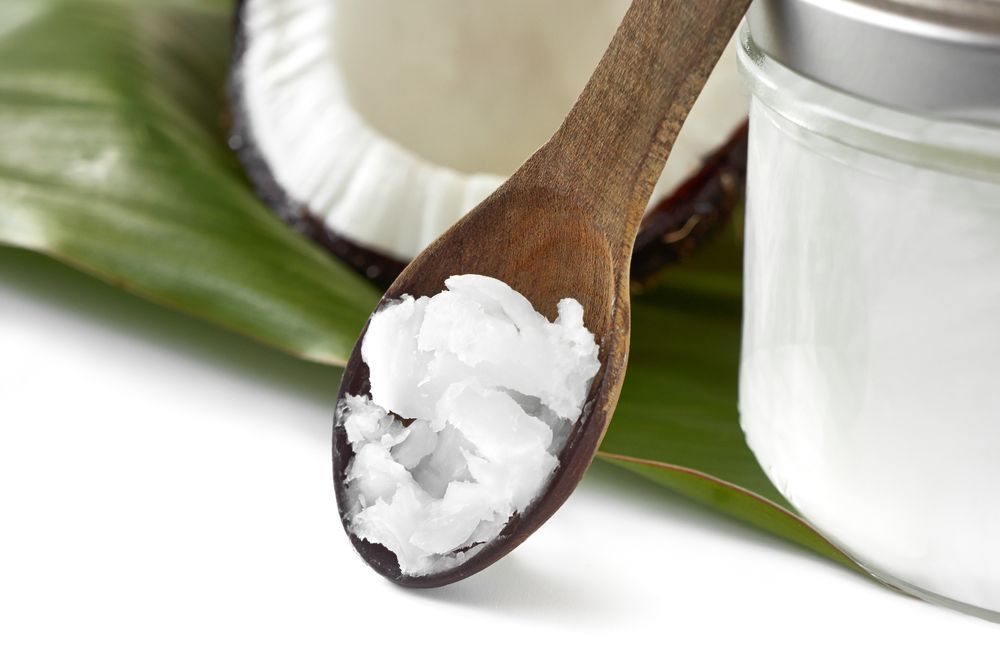
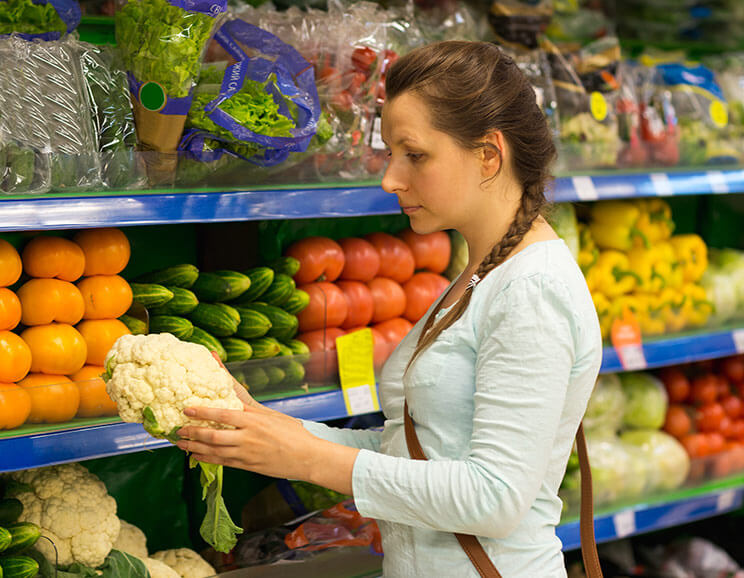

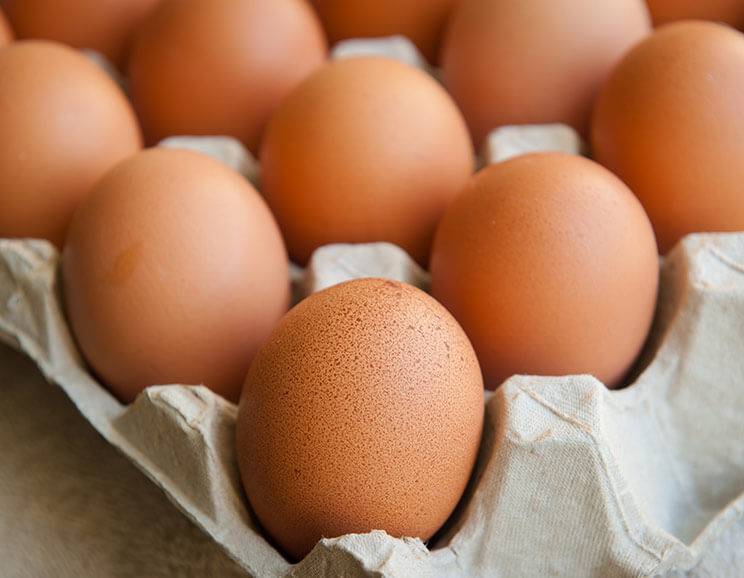
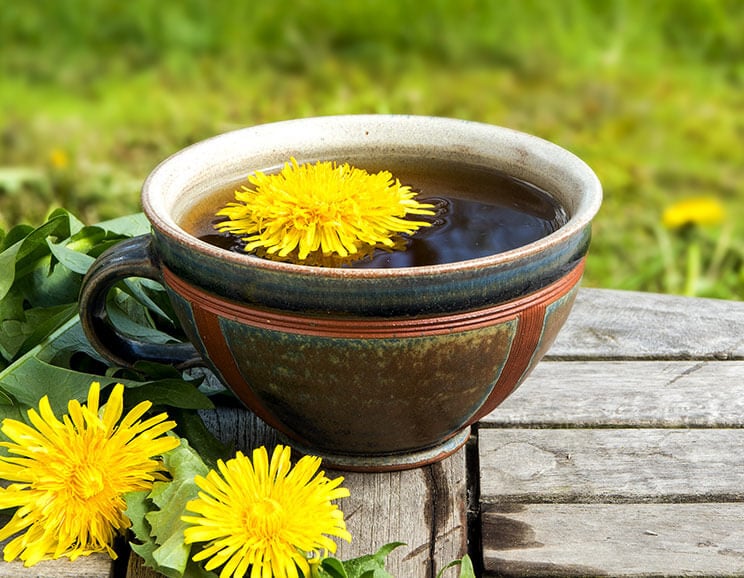
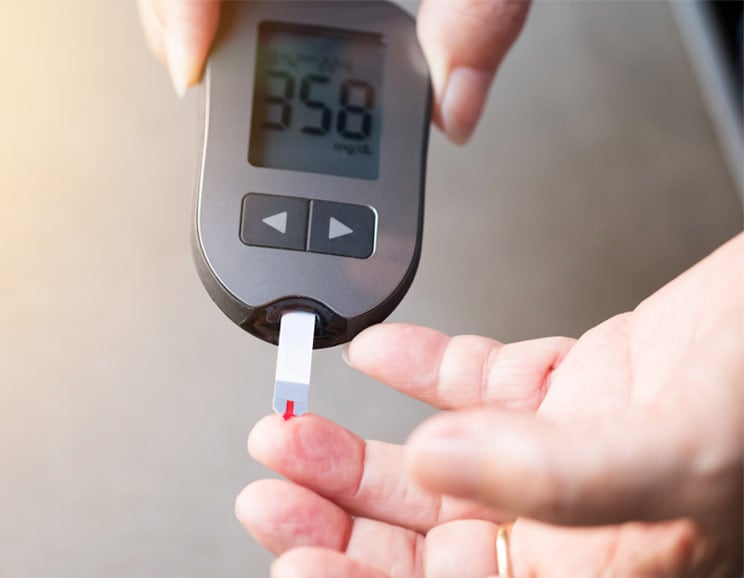



Show Comments